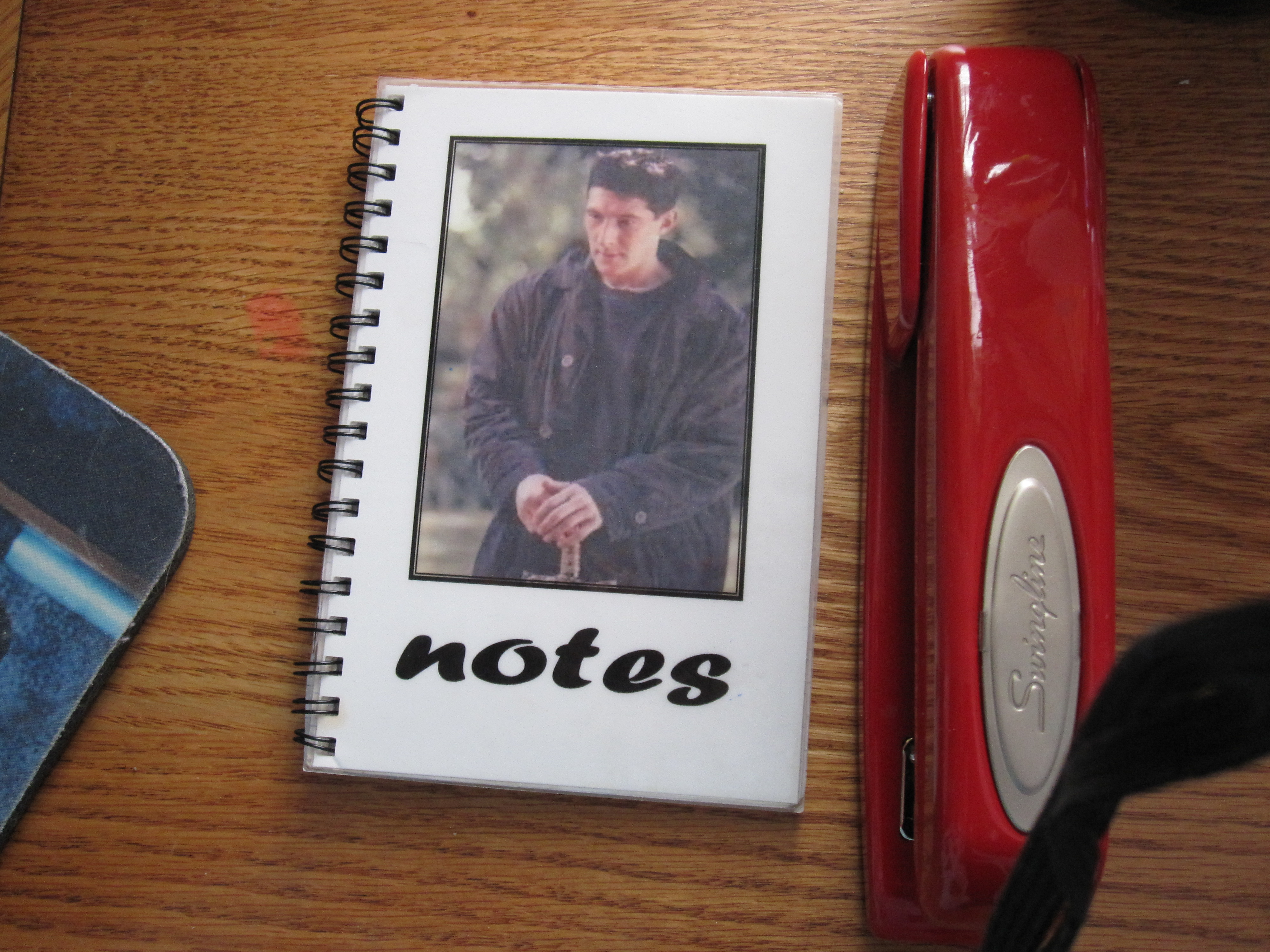My topic is a “new ‘proficiency’ definition for identifying English Learners, notification pursuant to 23 Illinois Administrative Code 228.25(b)(2)” — whatever the heck that is.
The Illinois State Board of Education has modified its version of language proficiency for Illinois students, increasing the proficiency score required to exit bilingual programs. We are up to 5.0 out of 6.0 now, when just four years ago we were at 4.0 The numbers won’t mean much to readers so let me put it this way: It’s much, much harder to exit bilingual programs now than it was. The 4.0 number meant you could coherently produce a paragraph in English that had a number of obvious flaws and still exit. The 5.0 is closer to a demand that you produce a grade-level, almost flawless, English-language paragraph. I strongly suspect that many students who are not bilingual students could not hit 5.0 in my school. We are a poor district scoring at the low end of the state testing pool. I’d love to give the ACCESS language test for exiting bilingual programs to the whole school to test my belief. I’d bet a few hundred dollars that a fair number of “regular” students born in English-speaking families would not pass. In fact, I might risk a month of the mortgage on this one.
Eduhonesty: The question is whether more time in bilingual programs will benefit students. My suspicion is that many students will suffer rather than benefit. There’s a complex issue here. Students who cannot function in regular classes definitely benefit by being placed in bilingual programs. At this point, in Illinois they can go all the way through high school in bilingual programs, which allows them to graduate even if their English remains substandard.
But students who don’t hit the 5.0 target and who could function in regular classes often end up DEPRIVED of English-language learning opportunities. The problem is the Type 29 certification and the lack of bilingual instructors. Due to a shortage of Spanish-speaking bilingual instructors in particular, Illinois has invented a five-year, temporary certification that is essentially a language test. Can you speak and write Spanish? Do you have a college degree? (It’s OK if that degree is from Mexico, Honduras or another country.) Then you can receive the Type 29 certification. It’s how I got started in bilingual education, although I’ve finished the required classes for regular certification now.
Many Type 29 instructors are weak in English, sometimes appallingly so. They end up teaching in Spanish because it’s their native language and the only language in which they are comfortable. A former principal and I had a few good laughs awhile back as he discussed how his fourth grade bilingual teacher used to bring a student to meetings with her to translate for her. In a Spanish-speaking community, a student may live in a Spanish-speaking household, watch TV in Spanish, talk to friends in Spanish, go to Spanish-language restaurants and never use a word of English except in class. That class may be 45 minutes in length, taught by someone who doesn’t quite know English fundamentals.
For the student who can function in a regular English-language classroom, bilingual programs can be a huge loser, a way to slow language-acquisition rather than speed it up. Better quality bilingual teachers might solve that problem, but the truth is that Illinois has a critical shortage of bilingual teachers in some areas and that shortage is not going away — especially since the state keeps increasing the need for bilingual teachers by raising the test score needed to exit bilingual programs, thereby raising the number of students requiring bilingual education.
District bilingual administrators tend to roll over and support new state demands. For one thing, having more students in the bilingual department increases the importance of their positions. For another, these administrators often believe that bilingual programs will benefit students. They are not in the classroom and may be much more acquainted with the theory of bilingual education than the actual practice.
I threw this post into classroom tips because I’d like to reach a few teachers. If you think Juan or Juanita does not need to be in bilingual classes, call home. Parents can still remove their children from bilingual programs even if that child did not reach the technical exit score. The district may resist withdrawal attempts but teachers know what administrators and bureaucrats don’t: They know their students. A student who can manage in a regular classroom should be in a regular classroom. A student who flounders and fails to manage can reenter bilingual programs if necessary, but many students rise to the challenge of a full English-language curriculum. These students will have a vastly better shot at college or the university in the long-run.


